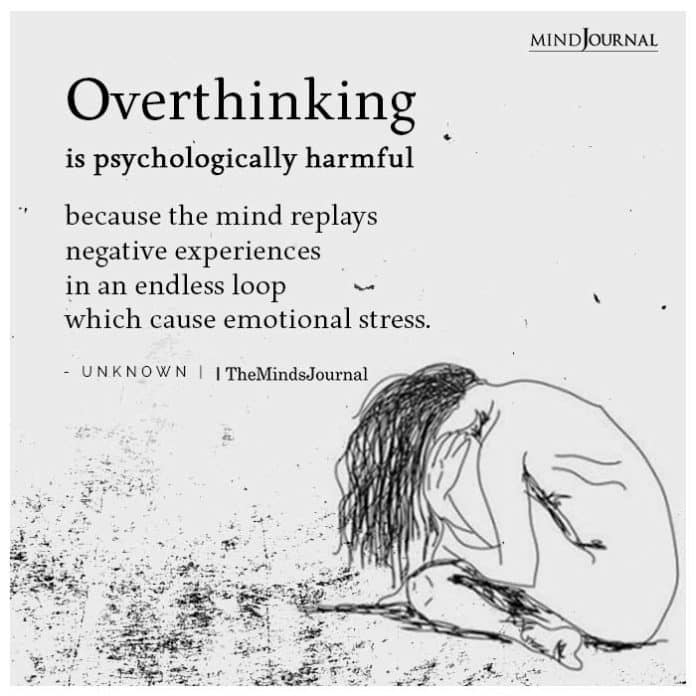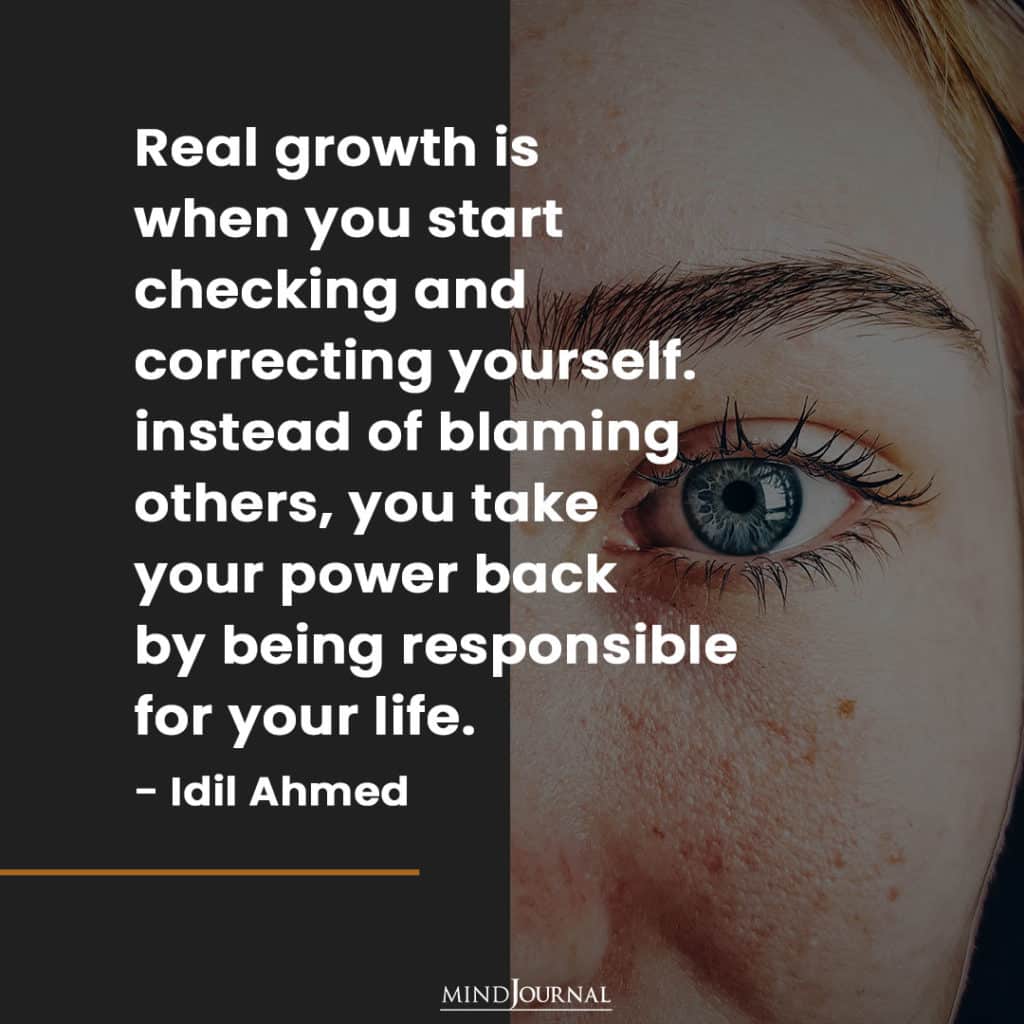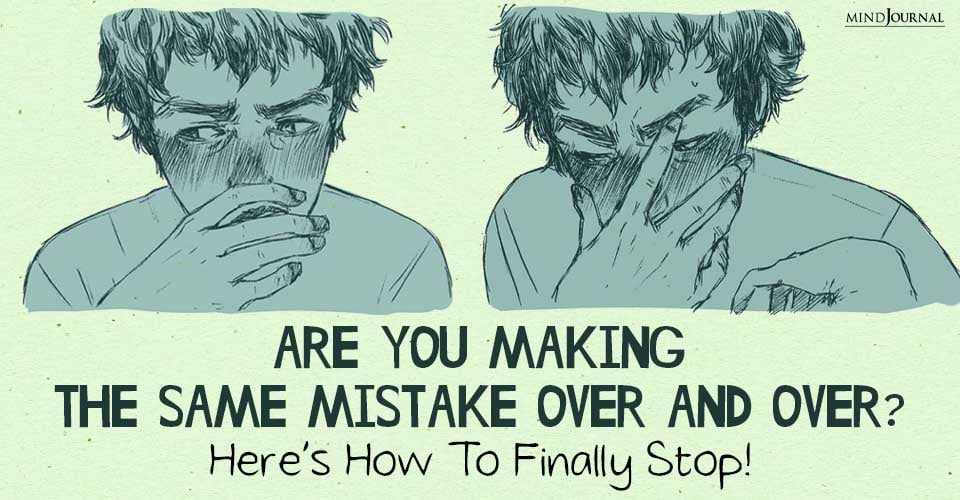Just because you’re thinking something, doesn’t make it true. There are many thinking errors we make unknowingly and it is important to recognise and combat them.
“Our mind is like the engine of a car. If the engine isn’t operating at its best, it doesn’t matter how good the car looks, it’s not going to function at its best. That’s why even the nicest cars need a service from time to time.”
Because, what we think about, does dictate how we feel.
It’s easy for me to say that now.
I’m happy now.
But in 2008 I wasn’t.
I was depressed.
A constant sense of anxiety consumed me.
Everything felt harder.
I called my Mum everyday and cried.
Poor Mum.
But I felt so lost and didn’t know what else to do.
If you’re anything like me, from time to time you will have found yourself lost in the vicious cycle of negative thinking and feeling as though your mind is in a world of fog. In these moments, we feel as though there is no escape, and that we will never be able to experience peace, joy, or beauty in the world.
Read 13 Quotes To Remember When You Are Feeling Lost In Life
I used to feel like that.
But not anymore.
I feel great now.
I didn’t realise it at the time, but the thoughts I was having were dictating how I was feeling. But they were thoughts that could be changed through challenging them.
Over time, I just had to learn how to spot the thinking errors I was making, and then figure out how to challenge them.
Maybe you do to?
Here’re 10 common thinking errors:
1. Mind Reading
Assuming you know that other people are having negative thoughts about you. With a desire to please others, mind reading can create a negative emotional response within us, as we feel we need to protect ourselves from the negativity we believe is being directed at us.
Read 6 Easy Mind Reading Tips To Build Better Relationships
2. Should Statements
From time to time we catch ourselves believing that things should be a certain way. This can be a great trigger of stress and anxiety if the reality of a situation doesn’t match up to how we between it should be.
3. Catastrophic Thinking:
We predict the worst-case scenario. When we are fully engaged in this form of thinking, we think that disaster or tragedy will strike if we go ahead with our plan. E.g. “I can’t swim in the ocean because there was a shark attack earlier this year. If I go in the water I will get attacked by a shark”.

4. Black & White Thinking
You are operating in extremes here. This form of thinking will have you believe that you’re either a success or a failure, you’re good or bad, great husband or terrible husband. It discounts all the shades of grey that come between the extreme black and white.
In reality, sometimes you’re a better husband, friend, wife, colleague than other times. One experience doesn’t make you all or nothing of one thing or another.
5. Filtering
We all filter events in our lives in a way that suits the way we already see the world. Have you ever tried to tell someone something, but regardless of how hard you try they won’t listen?
They have already decided how they’ve filtered the information on the subject you’re speaking about. We do it as well. We can choose how to interpret events. Just because you see it as negative, doesn’t make it true.
Read How Negative Energy Affects Your Life and How to Clear It
6. Overgeneralising
We may have only one or two negative experiences that make us assume that ‘this always happens to me’. You’ll realize you’re overgeneralizing if you catch yourself interpreting your experience with words like always, never and everybody, you’re engaged in overgeneralizing.
7. Jumping to Negative Conclusions:
We assume that our interpretation of how an event will work out negatively is right, despite how no strong evidence to support us.
8. Labeling:
We take one characteristic of a person and apply it to the person as a whole. If we are late to work a few times we may call ourselves irresponsible. If a friend fails a test we may call them dumb.
9. Personalizing
You take responsibility for something that has gone wrong, regardless of whether there’s no basis for you do to so.
10. Blaming

When something goes wrong and we don’t want to have to deal with it, blaming removes the responsibility from our shoulders onto someone else’s. When the responsibility is no longer ours, we no longer need to try and understand the behaviors or decisions that led to the problem.
How do I combat my thinking errors?
Maybe you’re reading this and feeling a little overwhelmed because you’ve tried to take steps to improve your feelings and nothing seems to work. If you are in that category, here’s is a helpful process to both get clarity on what thoughts are upsetting you, and take the steps to challenge them.
Like anything in life, these steps will take some work. You don’t get fit from one session at the gym and your mind won’t feel perfect after one trial of this process.
Keep coming back to it.
1. Situation
Write down the thought or situation that is causing you to feel upset. E.g. I responded to a conversation with my wife stressfully.
2. Feelings
Write down how the situation you experienced has made you feel. E.g. Disappointed, Frustrated, Incapable of changing my responses.
3. Thoughts
Write down the thoughts that are going through your mind. E.g. I always responded with far more stress than is required, she must hate that I always respond poorly, I need to hurry up and learn to be on top of my stress levels, I’m an idiot for letting stress dictate my response.
Read 4 Ways To Constructively Challenge Your Thinking
4. Beliefs
Based on the above responses, write what your internal beliefs must be. E.g. A relaxed person never responds with stress, Stress is never acceptable.
5. Thinking Errors
Write down what thinking errors you have are making. E.g. overgeneralising, black & white thinking, should statements, mind-reading, catastrophic thinking
Read The Ruminating Mind: 4 Steps To Help Deal With Negative Thoughts
6. Dispute
Write down a challenge to the thoughts that you’re having. Another way to interpret this situation.
E.g. Just because you have responded with stress a little more than lately does not make you a stressed person. The very fact that you have observed your responses haven’t been good 100% of the time is an excellent place to start focussing on improving your responses. Next time I notice myself feeling stressed in a conversation, I will use that as an opportunity to breathe deeply and respond with patience and kindness.
7. Positive Actions
Write down some steps you would like to take to improve your situation.
E.g. I am going to use this as an opportunity to become the master of stress-free living. I am going to take some time to observe my responses over the next few weeks and write a note in my journal each night about the progress of my responses.
Please share this article with anyone who you may think will find it valuable and helpful.
From Tyson Popplestone











Leave a Reply